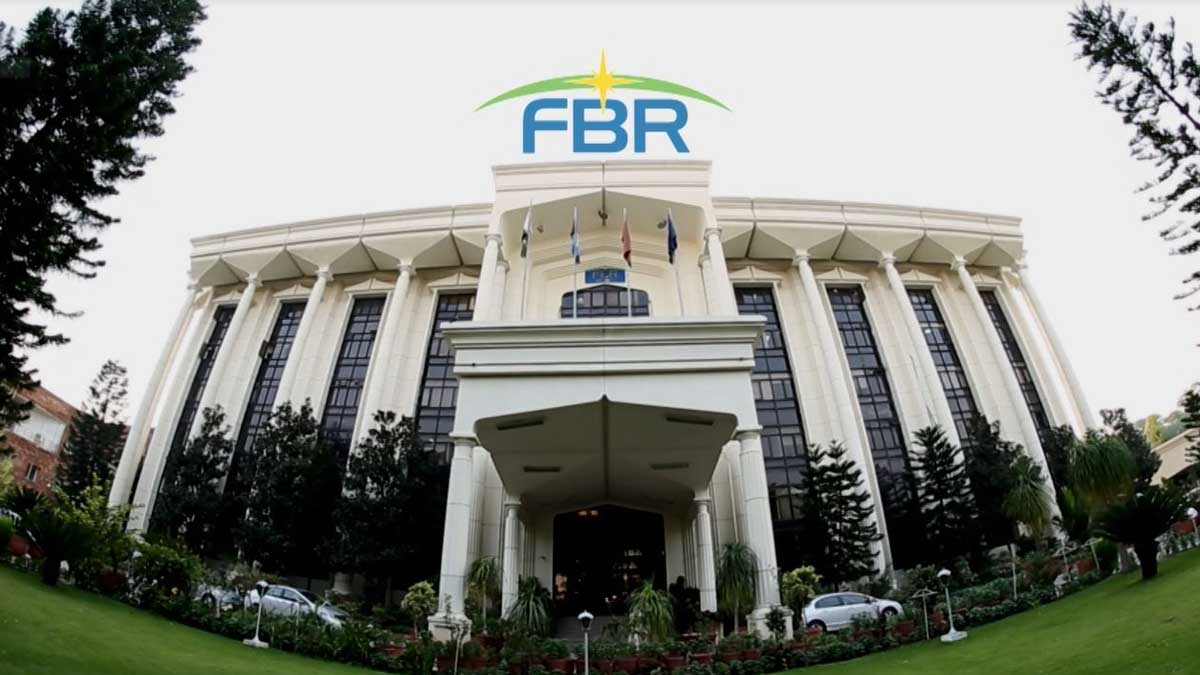The Federal Board of Revenue (FBR) succeeded to exceed its collection target by Rs 247 billion from July to March during the current financial year 2021-22 (H1FY22).
The provisional information informed that FBR has collected net revenue of Rs 4,382 billion from July 2021 to March 2022 of the present financial year 2021-22, which has surpassed the target by Rs 247 billion. Hence, it shows an increase of about 29.1 percent over the collection of Rs 3,394 billion in the same period, last year.
Likewise, the net revenue for the month of March 2022 was Rs 575 billion showing an increase of 20.5 percent over Rs 477 billion collected in March 2021.
Contrary, the gross collections rose from Rs 3,577 billion from July 2020 to March 2021 to Rs 4,611 billion in the current financial year from July 2021 to March 2022, an increase of 28.9 percent.
Read more: Track & trace system helps FBR collect 33% more tax from sugar industry in ongoing crushing season
In March 2022, the number of refunds paid was Rs 31.9 billion whereas in March 2021 the refunds disbursed were Rs 26.3 billion, an increase of 21.3 percent.
It is worth mentioning that the current unprecedented and constant growth trajectory in revenue collection has been attained in spite of huge tax relief given by the government on numerous essential items to the common man.
Moreover, sales tax on all POL products has been reduced to zero which cost FBR Rs 45 billion in March 2022, which happened for the first time in the country’s history.
The revenue effect of Sales Tax exemptions given to pesticides, fertilizers, tractors, vehicles, and ghee and oil comes to Rs18 billion per month.
FBR has announced several innovative interventions both at the policy and operational level with the aim of maximizing revenue potential through transparency, digitization, and taxpayers’ facilitation. It not only leads to ensuring the ease of doing business but also translated into healthy and steady development in revenue collection.
Additionally, the top leadership of FBR has initiated a new culture of fair taxation and clearly focuses on the collection of only the fair tax and not holding up refunds that are unpaid.





















